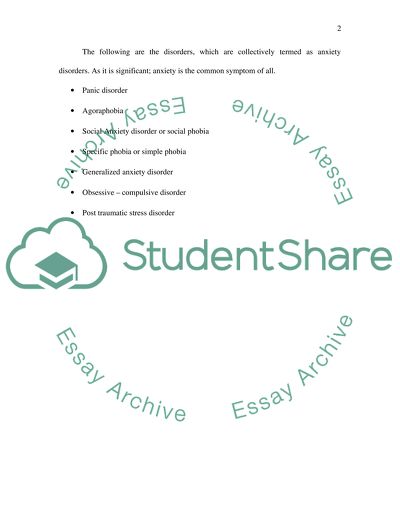Cite this document
(Anxiety Disorders Symptoms Coursework Example | Topics and Well Written Essays - 2000 words, n.d.)
Anxiety Disorders Symptoms Coursework Example | Topics and Well Written Essays - 2000 words. https://studentshare.org/psychology/1508134-anxiety-disorders
Anxiety Disorders Symptoms Coursework Example | Topics and Well Written Essays - 2000 words. https://studentshare.org/psychology/1508134-anxiety-disorders
(Anxiety Disorders Symptoms Coursework Example | Topics and Well Written Essays - 2000 Words)
Anxiety Disorders Symptoms Coursework Example | Topics and Well Written Essays - 2000 Words. https://studentshare.org/psychology/1508134-anxiety-disorders.
Anxiety Disorders Symptoms Coursework Example | Topics and Well Written Essays - 2000 Words. https://studentshare.org/psychology/1508134-anxiety-disorders.
“Anxiety Disorders Symptoms Coursework Example | Topics and Well Written Essays - 2000 Words”. https://studentshare.org/psychology/1508134-anxiety-disorders.


